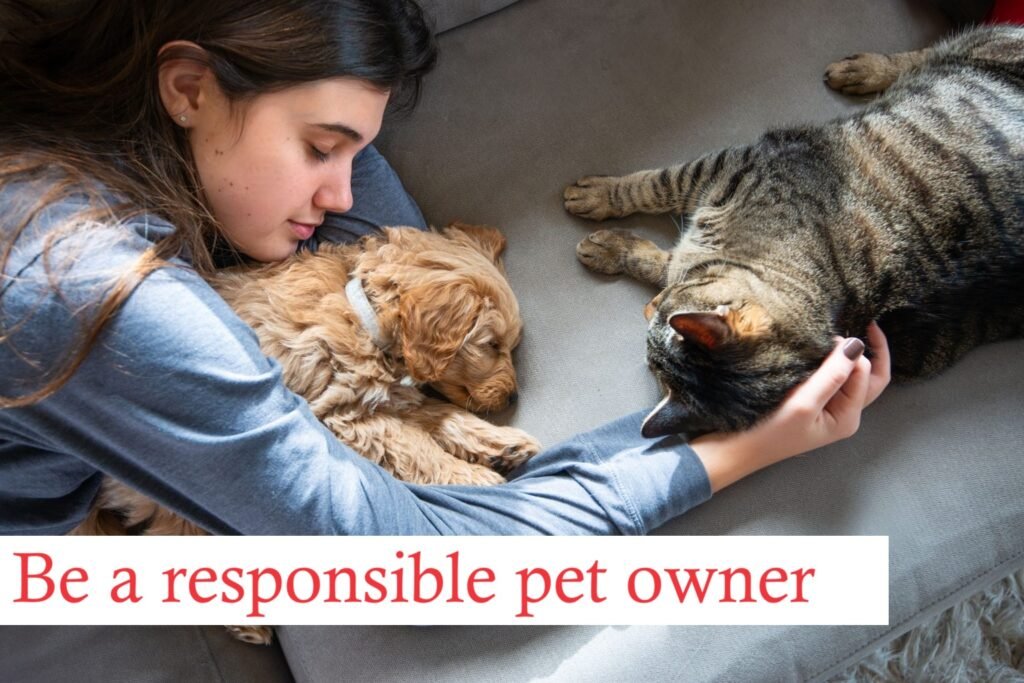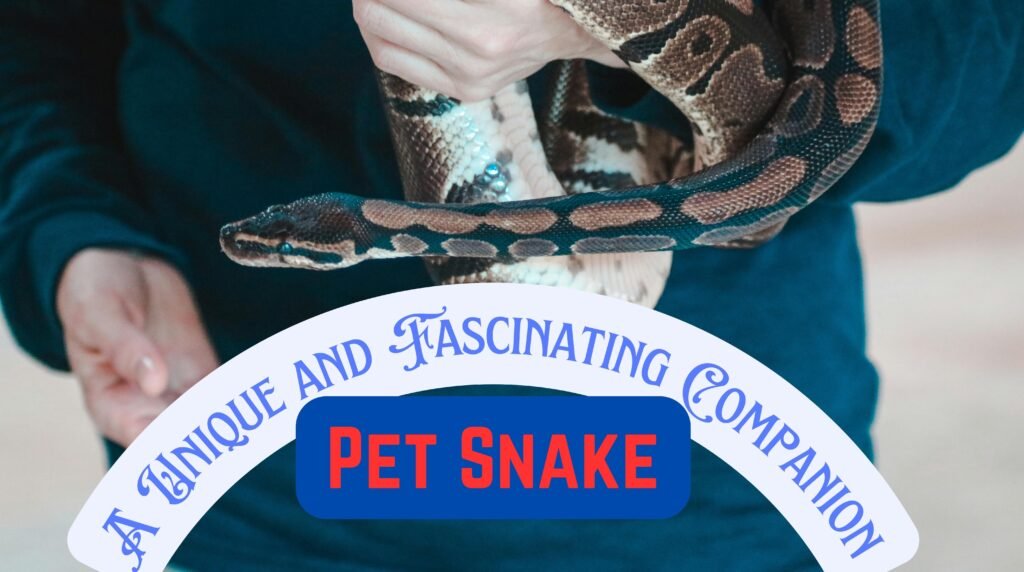Christmas is a magical time of year, filled with joy, love, and a sense of community. It’s a season when families gather, festive lights illuminate homes, and the air is filled with the scent of baked goods and pine trees. For many pet owners, the question arises: Do pets understand Christmas? While our furry friends may not have the same holiday associations that humans do, there are several factors to consider when determining whether pets understand the spirit of Christmas.
Let’s explore the various elements that contribute to this festive time and how they impact our pets.
Understanding Christmas from a Pet’s Perspective
Pets, particularly dogs and cats, experience the world primarily through their senses. They rely on their sight, smell, hearing, and touch to interpret their environment. So, do they truly understand the significance of Christmas, or is it just another time of year filled with new experiences and smells?
The Sensory Overload of Christmas
Christmas brings with it a sensory overload, and pets are no strangers to this. From the sight of twinkling lights to the aroma of seasonal treats, pets are immersed in a world of unfamiliar stimuli. Dogs and cats, for instance, might be curious about the new decorations, the sparkling tree, or the various items placed around the house. The scent of pine or cinnamon might intrigue them, and the sound of jingling bells or wrapping paper rustling could heighten their senses.
- Sight: Pets see the world differently than we do. Dogs, for example, have better night vision, which allows them to enjoy the Christmas lights at night. However, they might not have the same appreciation for the colors or festive designs that we do.
- Smell: Smell is a highly developed sense for most pets. The scents of Christmas — from the pine of the tree to the baking cookies — are likely more noticeable to them. These smells may trigger curiosity or excitement, but they don’t necessarily understand the concept of “Christmas” from the smell alone.
- Sound: The festive sounds of Christmas — such as carolers, bells, or holiday music — may catch a pet’s attention. Dogs, for example, might react to the sounds of bells ringing or even the bustle of holiday preparations. These noises can create a sense of excitement or stress for some animals, depending on their temperament.
Routine Disruptions During the Holiday Season
One of the biggest changes pets experience during Christmas is a disruption in their routine. Pets thrive on consistency, and the sudden changes brought by holiday activities can confuse or overwhelm them. Whether it’s different meal times, additional visitors in the home, or changes in their walking schedule, pets may notice these shifts, even if they don’t fully understand them.
- New People and Visitors: With the influx of family members and friends visiting during Christmas, pets might feel both excited and stressed by the new faces. While some pets may love the attention, others may find it overwhelming. Dogs that are normally calm may become more energetic or anxious, while cats may hide or become more territorial.
- Changes in Household Activities: The increased hustle and bustle of holiday preparation — like cooking, shopping, and decorating — may leave pets feeling unsettled. The noise of wrapping gifts, the clatter of kitchen utensils, or the movement of unfamiliar objects can contribute to the disruption of their usual routine.
Did You Know?
According to a study published in Current Biology, dogs can distinguish between happy and sad human faces, which may explain their enthusiasm during joyful holidays like Christmas.
Do Pets Recognize Christmas Traditions?
While pets may not have the cognitive ability to grasp the specific cultural significance of Christmas, they can form associations with certain events or objects tied to the season.
The Christmas Tree: A New Object of Curiosity
For many pets, the Christmas tree becomes a focal point of their attention. Dogs and cats alike often show curiosity toward the tree, especially if it’s decorated with ornaments and lights. However, it’s important to note that they may not understand that the tree is a “symbol of Christmas” in the way humans do. Rather, they are reacting to the new smells, textures, and potential playthings that the tree and its decorations provide.
- Dogs may be attracted to the scent of the tree itself and might attempt to sniff or chew on the branches. Some dogs even have a tendency to mark the tree, considering it an outdoor object.
- Cats are notorious for climbing trees or swatting at ornaments. While this behavior may appear to be a form of celebration, it’s more likely driven by instinctive curiosity and playfulness.
Christmas Presents: A Special Treat or a New Toy?
Many pet owners enjoy including their pets in Christmas gift-giving, whether it’s a new toy, a cozy bed, or a special treat. While pets may not understand the concept of gift-giving, they can form positive associations with the presents they receive. Dogs, for example, may recognize the excitement surrounding wrapped gifts and associate the festive activity with new toys or treats. Similarly, cats might enjoy exploring wrapped packages or playing with ribbon and paper, even if they don’t understand the purpose behind it.
Christmas Decorations and Sounds: Familiar but Unfamiliar
The decorations and sounds that fill homes during Christmas can be intriguing to pets. The sight of garlands, lights, and stockings may be new to them, while the sounds of festive music or carolers can be exciting or even stressful. However, these elements, like the Christmas tree, are just new objects in their environment that they might investigate or become accustomed to over time. The key is understanding how pets react to these changes in their environment and adapting accordingly to keep them safe and comfortable.
- Pets and Safety: During Christmas, it’s important for pet owners to consider the safety of their animals. Decorations, tinsel, and small ornaments can pose choking hazards or cause digestive issues if ingested. Additionally, candles and electric lights should be used carefully to avoid accidents.
Do Pets Recognize Holiday Emotions?
Humans often associate Christmas with happiness, joy, and love. Pets, however, don’t necessarily have the cognitive ability to recognize or understand specific human emotions. That said, they are highly sensitive to changes in our behavior and the emotional atmosphere around them.
Pets and Emotional Sensitivity
Dogs, in particular, are very tuned into human emotions and can often sense when their owners are happy, stressed, or excited. If you’re feeling festive and excited about the holidays, your dog may pick up on your energy and respond with joy or enthusiasm. Similarly, if there is stress or tension in the air, pets may become anxious or withdrawn.
Cats, while more independent, are also sensitive to changes in their environment. If there’s increased activity or changes in the household during the holidays, they may feel uncertain or stressed. Creating a calm and comfortable space for pets can help mitigate some of these emotional shifts.
How to Help Pets Enjoy Christmas
Although pets may not understand Christmas in the way that humans do, there are several ways you can ensure that they enjoy the festivities and feel safe and comfortable throughout the season.
1. Maintain Their Routine
As much as possible, try to maintain your pet’s regular routine during the holidays. Stick to their usual feeding, walking, and playtime schedule. This will help reduce stress and give them a sense of stability amidst the holiday chaos.
2. Provide a Safe Space
With all the decorations and visitors, it’s important to give your pet a quiet, secure area where they can retreat if they feel overwhelmed. This is especially important for cats, who may prefer to hide during busy times. Make sure your pet has a space where they can relax and feel comfortable.
3. Monitor Holiday Decorations
Keep an eye on your Christmas decorations, especially if your pet is prone to chewing or playing with ornaments. Make sure any potentially harmful items, such as tinsel, glass ornaments, or scented candles, are out of their reach. Additionally, ensure that your Christmas tree is stable and won’t fall over if your pet gets too curious.
4. Special Holiday Treats
Consider giving your pet special treats or a new toy for Christmas. Many pet stores offer holiday-themed toys and treats, so you can include them in the celebration. However, make sure to avoid foods that are toxic to pets, like chocolate, raisins, or alcohol.
Conclusion: Do Pets Understand Christmas?
In conclusion, while pets don’t have the cognitive ability to fully understand the concept of Christmas, they certainly experience and react to the changes that come with the holiday season. They are highly attuned to the sensory overload, disruptions in routine, and the emotional atmosphere around them. Pets can recognize certain holiday traditions like the Christmas tree and presents, forming associations with these events. Ultimately, by providing a safe and enjoyable environment for our pets during the holidays, we can help them enjoy the season in their own way.



